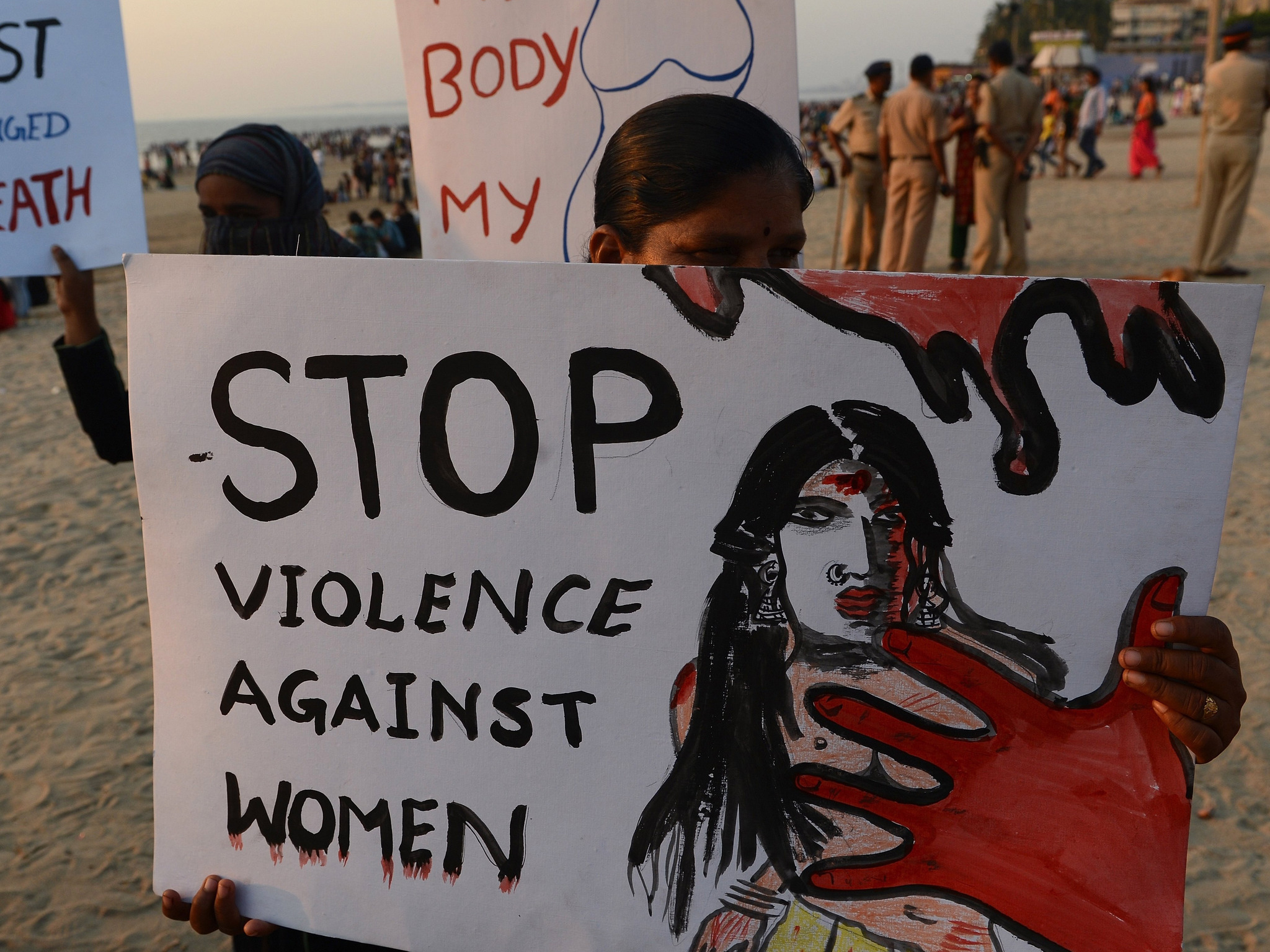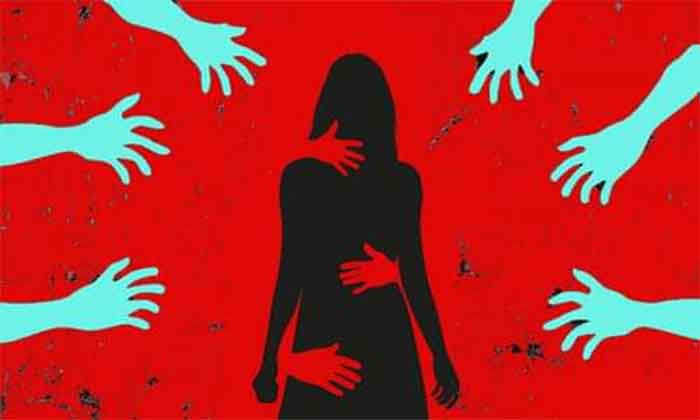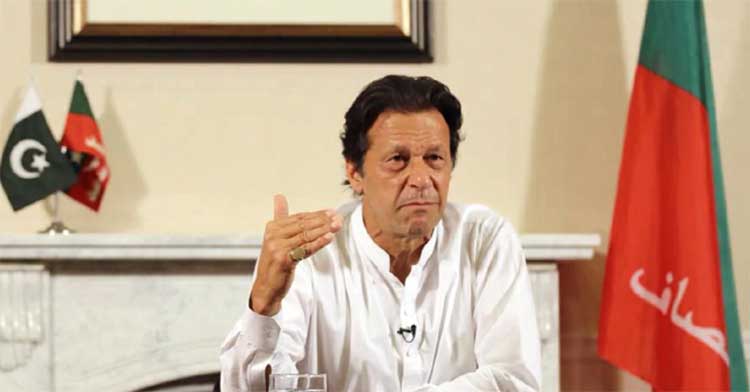
We strongly condemn the recent incidents of rape and sexual violence in the country: the rape of an 8-year old girl in Kathua, Jammu, of a 15-year old in Unnao, UP, of a tea-shop owner as well as 15 year old girl in Meghalaya, of an 11-year old girl in Surat, Gujarat, a 15-year old in Faridabad whose corpse was continually raped, another 11-year old girl in Panipat and closer home and even more recently, the rape of a four-month old child of balloon-sellers in Indore, MP while there is an outrage against rape in the country. We also unequivocally condemn the Criminal Law (Amendment) Ordinance, 2018 which seeks to amend among other things the Protection of Children from Sexual Offences Act (2012) by sanctioning the death penalty in cases of rape of minor girls.
A two day national meeting of Women Against Sexual Violence and Sexual Repression (WSS) was held in Indore on 21-22 of April, and attended by members from Telangana, Karnataka, Delhi, Chhattisgarh, Uttarakhand, Himachal Pradesh, Maharashtra, Orissa, Rajasthan and Madhya Pradesh, Women against Sexual Violence and State repression (WSS) concluded:
There has been an uproar about some of these incidents, and a wave of protests have swept across the country. Amidst this much-needed outrage against rape, there have also been calls for capital punishment for the perpetrators of these crimes. We, as WSS, do not in any way support the death penalty as a form of punishment.
On the 25th of January 2017, a day before Republic Day, police from eight thanas carried out a massive raid in Dhar, Madhya Pradesh with the intention to nab people with pending warrants against them – all of whom were members of the Bhil community, a tribe historically stigmatised as criminals. During this raid, four women were raped including one pregnant woman, and two minor girls were molested. The accounts of these women were chillingly similar to the testimonies of tribal women from Bastar, in the neighbouring state of Chhattisgarh. In the last three years over 50 women have been raped and sexually assaulted by members of the police and security forces in the mineral rich lands of south Chhattisgarh, as they “comb” the forests to make way for large corporations to begin mining.
In the light of the above incidents where the State machinery, dominant caste and religious groups is committing acts of sexual violence, it is clear that the Criminal Law (Amendment) Ordinance 2018 is a complete sham. It not only sanctions the death penalty for the rape of minor girls but also changes a gender-neutral act i.e. which applied to both boys and girls, to one that talks of only “women under the age of 12”. Moreover, according to the National Crimes Record Bureau (NCRB) data of 2016, in 94.6% of the cases under POCSO and Section 376, the perpetrator(s) turned out to be a known person – he was either a close family member, a neighbour, or an acquaintance. In such a situation, it is extremely difficult for the survivor to report the crime, particularly when the survivor is a minor. In a report released by National Law School of India University, Bangalore, it was found that of the 667 POCSO judgements between 2013 and 2015, 67.5% of the victims turned hostile. The fact that victims are either silenced or forced to remain silent is a result of the deeply entrenched patriarchal structures within the family and society.
There is sufficient evidence to show that capital punishment has never served to act as a deterrent to the committing of crimes. Quite contrarily, it in fact deters people from reporting the crime. Also, not only does research indicate that the awarding of the death penalty is largely arbitrary and in almost all cases so far, it has only been awarded to accused from the most marginalised and oppressed sections of society. In the particular case of rape, as several people from the women’s movement and lawyers have argued, the death penalty in fact further endangers the life of the survivor as the severity of the punishment then becomes an incentive to end the survivors life.
The Justice Verma Committee set up in 2013 in response to the Nirbhaya case made strong recommendations against the death penalty, calling it “a regressive step in the field of sentencing and reformation.” Despite that, the Centre chose to exclude this recommendation in the Criminal Law (Amendment) Act 2013. Even with regards to POCSO, the problem really is one of lack of conviction and not one of the severity of punishment meted out. Instead of working on effective implementation of the existing act, the BJP has hurriedly pushed forward the ordinance without consulting with people working on child rights and cases of child sexual abuse. By talking about death, the government has conveniently shifted attention from the legislators who have supported and perpetrated these crimes. Instead, by pandering to popular sentiment orchestrated by the media, they seek to gain political mileage from such heinous acts of violence. Masqueraded as concern about growing sexual violence against children, what the amendment actually does is perpetuate the hyper-masculine regime of the BJP – where justice in cases of sexual violence becomes an act of revenge in a sense, with the “honour” of India’s children and women being avenged by the tough manhood of the nation. At the same time, the Transgender Persons (Protection of Rights) Bill 2016 proposes a punishment of only 2 years in cases of rape against transgender persons, as opposed to the 7-year imprisonment in the case of rape against women. By bringing in such amendments in quick succession the state is seeking to undermine the citizenship rights of sexual minorities, once again cashing in on popular prejudices.
It is also ironic that Madhya Pradesh, the state which leads the country in the number of rapes, was the one to initiate the demand for the death penalty for child-rapists.
We do not see these as isolated incidents of violence, but as part of a larger reign of terror unleashed upon the most marginalised and vulnerable sections of our society. Inevitably then, it is the bodies of women that become the battlefields on which this violence is played out. Whether in the name of religion in the case of Kathua, where rape is used as a political weapon by Hindu nationalists to displace and dislodge Bakarwal, a marginalised Muslim tribal community, or in the case of Unnao, where the accused, who is a BJP MLA is protected with the impunity for belonging to the ruling party, in each of these incidents, we believe that the State is deeply complicit in these acts of extreme violence.
WSS demands the withdrawal of the sanction of the death penalty by the Criminal Law (Amendment) Ordinance 2018 and calls upon progressive individuals and groups in civil society to stand in support of victims and survivors ensuring that at the very least legal processes are followed and existing laws are implemented.
Indore
23.4.2018
Ajitha, Shalini, Rinchin, Nisha
National Conveners, Women Against Sexual Violence and Sexual Repression (WSS), wssnet.org















































